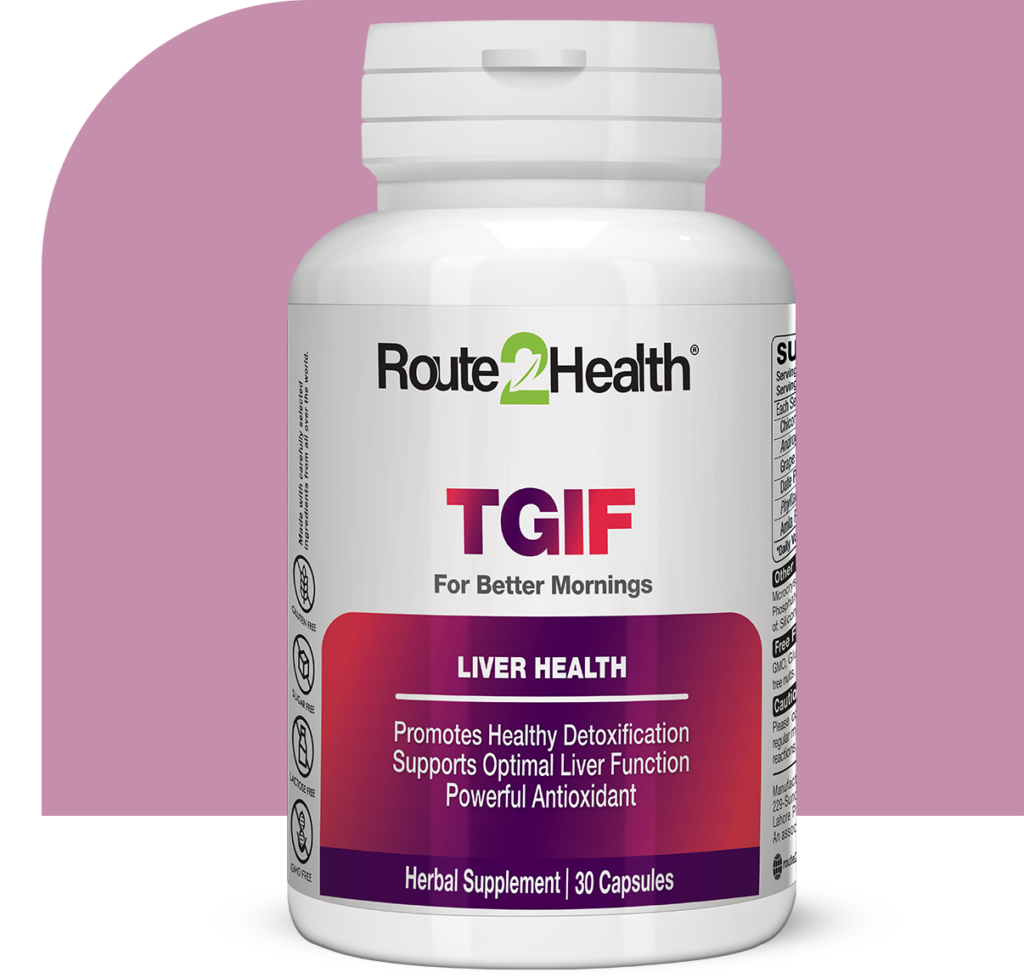
Berdi
urinary Track Health
Hangovers – the unwanted aftermath of a night filled with laughter and indulgence. We’ve all been there, waking up with a pounding headache and a general feeling of lethargy. While various remedies exist, one often overlooked and yet crucial solution for hangover relief is liver detoxification.
Hangovers are the body’s way of reminding us that excessive alcohol consumption comes at a cost. From the foggy-headed mornings to the queasy stomach, the symptoms can be debilitating. But fear not because the liver, our body’s detox powerhouse, plays a key role in hangover relief.
The liver, a vital organ nestled in the upper right side of the abdomen, plays a pivotal role in maintaining homeostasis within the human body. As the largest internal organ, the liver is involved in a myriad of functions essential for metabolic balance, detoxification, and overall well-being.
Understanding the liver’s importance in maintaining physiological equilibrium is fundamental for comprehending overall health. Dysfunction of the liver can lead to a range of disorders, including cirrhosis, hepatitis, and fatty liver disease, underscoring the organ’s critical role in the body’s intricate metabolic processes. It is imperative to appreciate the liver’s resilience and regenerative capabilities, exemplified by its ability to repair and regenerate damaged tissue.
In conclusion, the liver’s multifaceted functions make it an indispensable organ for the body’s metabolic and detoxification processes. A comprehensive understanding of its anatomy and physiological roles is vital for appreciating its significance in maintaining overall health and preventing a spectrum of hepatic disorders.
When alcohol is metabolised in the body, it undergoes several processes that can contribute to the symptoms associated with hangovers. During alcohol metabolism, the primary metabolite of ethanol, acetaldehyde, is considered a major culprit in the development of hangover symptoms.
Research indicates that acetaldehyde is a toxic compound that can cause cellular damage and inflammation, leading to the characteristic symptoms of a hangover, such as headache, nausea, and fatigue. In a study in “Alcohol Health and Research World”, it was found that elevated levels of acetaldehyde were present in the blood of individuals experiencing a hangover, suggesting a direct correlation between acetaldehyde and hangover severity.
Furthermore, alcohol consumption can lead to dehydration, as it has diuretic effects that increase urine production. There is enough research to prove that a substantial diuresis follows the ingestion of alcohol. Dehydration is known to contribute to hangover symptoms, including headaches and fatigue. The combination of acetaldehyde toxicity and dehydration appears to play a significant role in the overall manifestation of hangovers.
Maintaining a healthy liver involves adopting certain lifestyle habits. Staying hydrated, consuming a nutrient-rich diet, and incorporating herbal supplements are simple yet effective ways to support liver detoxification naturally for hangover relief.
While the scientific evidence supporting the direct efficacy of specific interventions for liver detoxification in hangover relief is limited, certain lifestyle practices and natural remedies may contribute to overall liver health and potentially alleviate some hangover symptoms. Here are some suggestions:
It’s important to note that individual responses to these natural remedies can vary, and their effectiveness for hangover relief is not universally established. Additionally, the best way to prevent hangovers is to drink alcohol in moderation and be mindful of your overall health and well-being.
In conclusion, the importance of liver detoxification for hangover relief cannot be overstated. By nurturing your liver through natural methods and adopting a healthy lifestyle, you can effectively reduce the impact of hangovers and promote overall well-being.
No, even moderate alcohol consumption can benefit from supporting liver health.
Results vary, but consistent efforts can lead to noticeable improvements within weeks.
Generally, herbal products like TGIF are safe for everyone, but it’s advisable to consult with a healthcare professional before using any detoxification products.
While it may reduce the severity, complete prevention depends on various factors, including individual tolerance.
Maintaining liver health is an ongoing process. Regular detoxification efforts contribute to long-term well-being.











©2023 Route2Health®️
NTN: 2229383
AN ASSOCIATED COMPANY OF HIGHNOON LABORATORIES
STRN: 0301999937728

WhatsApp us
